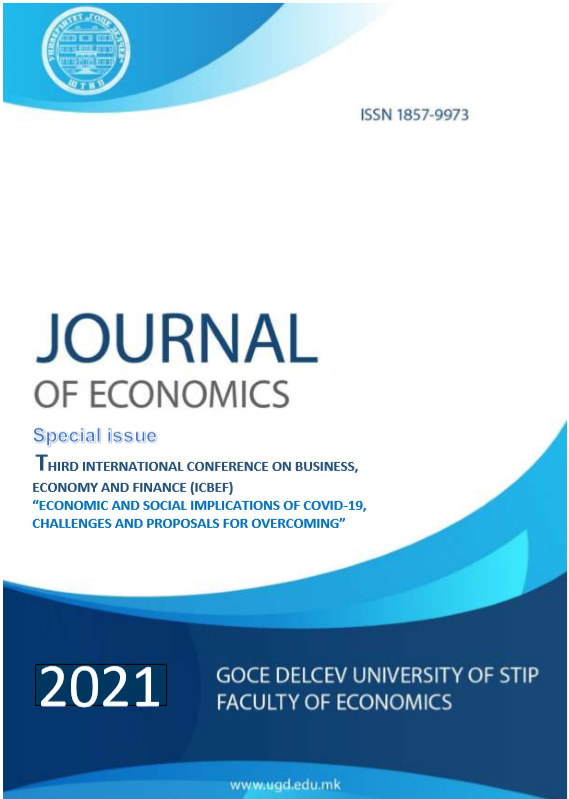The Full VAT/GST Liability Regime of Digital Platforms in the Collection of Taxes on Online Sales
DOI:
https://doi.org/10.46763/JOE2160119gKeywords:
Value Added Tax (VAT), Goods and Services Tax (GST), Full VAT/GST liability regime, digital platforms, digital economy, tax reform, tax policyAbstract
It is unarguable that development of electronic markets and other digital platforms
facilitated the transactions between buyers and sellers and continuously contributed to
the rapid growth of online trade. This trend has never been more obvious during the
pandemic crisis as the evidence suggests that more than two-thirds of all cross-border
e-commerce sales of goods around the world are made through online markets. The
growing significance of this segment is raising the question for a more efficient and
effective collection of VAT/GST on online sales of goods, services and intangibles.
Some jurisdictions have already implemented measures that obligate digital platforms
to collect VAT/GST on online sales, and more imortantly, have reported positive
outcomes in improving compliance and tax revenue gains. Encouraged by these
results, the OECD initiated a developement of internationally accepted standards and
measures for the efficient involvement of digital platforms in the VAT/GST collection on
online sales. The aim of this article is to present a short elaboration of the OECD
practical guidelines and principles on the design and implementation of the possible
solutions for involvement of e-markets and other digital platforms as a viable VAT/GST
collection means. Eventually, it can serve as an initial frame for domestic and other
authorities for the possible implementation of such a similar measure, especially in near
future, as every additionally collected revenues may become more important.


